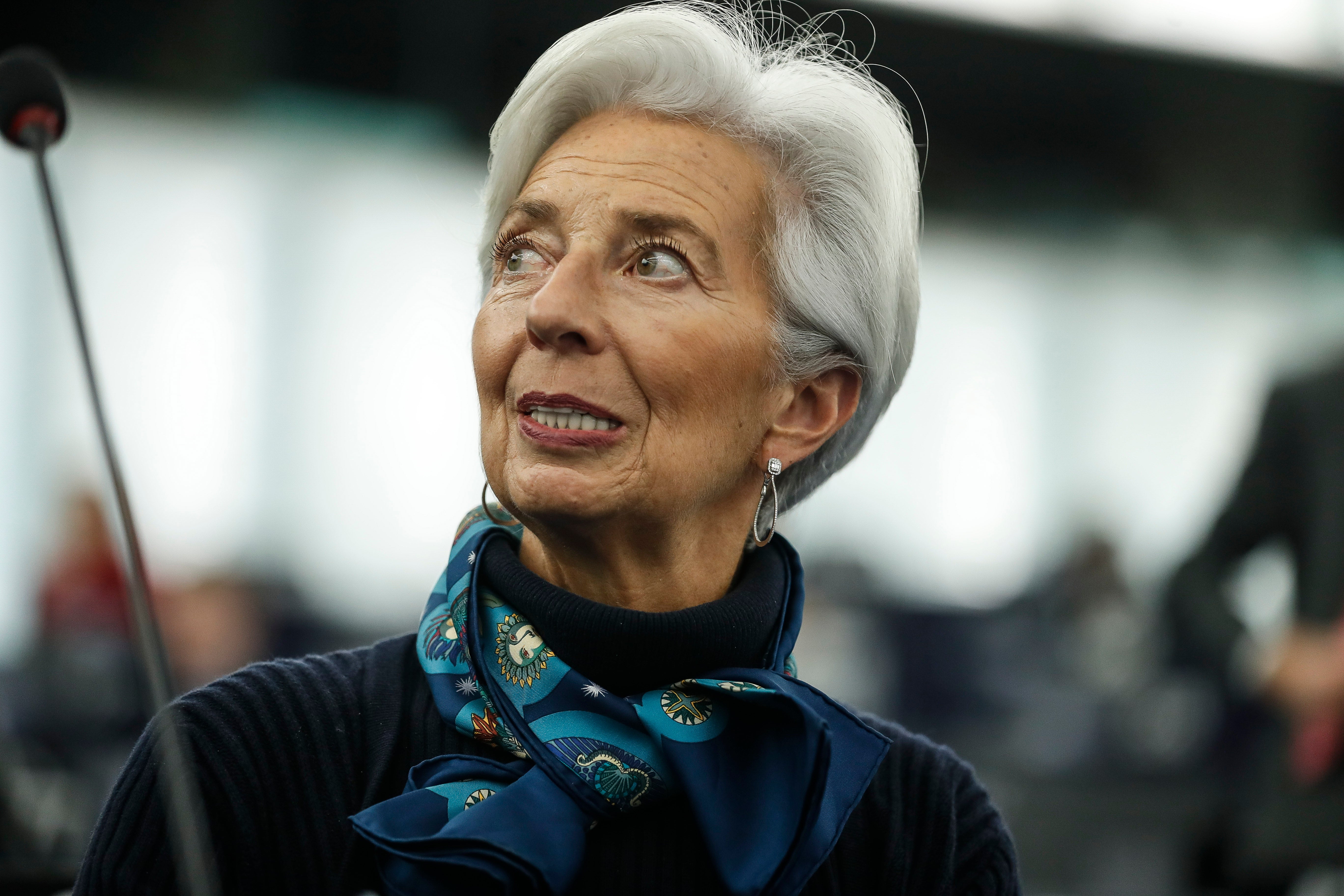European Central Bank holds off on strengthening stimulus
The European Central Bank held off from strengthening its stimulus programs despite growing concern that a renewed surge in COVID-19 cases could stall the economy’s recovery from the deep downturn early this year

Your support helps us to tell the story
From reproductive rights to climate change to Big Tech, The Independent is on the ground when the story is developing. Whether it's investigating the financials of Elon Musk's pro-Trump PAC or producing our latest documentary, 'The A Word', which shines a light on the American women fighting for reproductive rights, we know how important it is to parse out the facts from the messaging.
At such a critical moment in US history, we need reporters on the ground. Your donation allows us to keep sending journalists to speak to both sides of the story.
The Independent is trusted by Americans across the entire political spectrum. And unlike many other quality news outlets, we choose not to lock Americans out of our reporting and analysis with paywalls. We believe quality journalism should be available to everyone, paid for by those who can afford it.
Your support makes all the difference.The European Central Bank held off from strengthening its stimulus programs despite growing concern that a renewed surge in COVID-19 cases could stall the economy’s recovery from the deep downturn in the first part of the year.
But the ECB signaled that more stimulus could be coming at its December meeting, given that risks are “clearly tilted to the downside” and new staff projections would make possible “a thorough reassessment.”
The bank on Thursday made no change to its 1.35 trillion ($1.58 trillion) pandemic emergency bond purchase program, which pumps newly created money into the economy to keep credit flowing to businesses and promote economic activity. Those regular purchases are set to run through the middle of next year, and some 750 billion remains unused. Analysts say that is one reason the bank is holding off increasing the amount, since there is plenty of stimulus still in the pipeline.
Demand from China has helped keep some European businesses afloat but rising infections have raised concert that the last three months of the year could see far slower growth. Germany is implementing a “lockdown light” under which theaters, bars and restaurants must close for almost a month.
The ECB’s key goal is to raise inflation toward its target of below but close to 2%, the level considered best for the economy. Inflation was minus 0.3% in September, partly a result of temporary measures such as a value-added tax cut in Germany but also a sign of weaker than optimal demand.